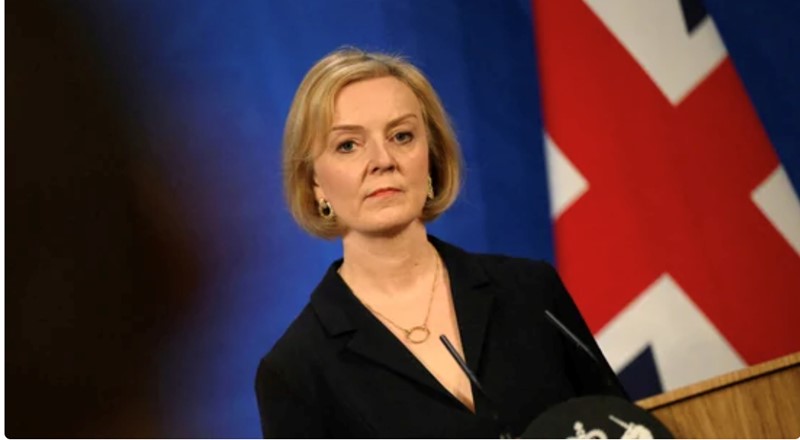
The last couple of weeks have seen real drama inside Westminster, with ongoing lethal consequences for the British Public. But one must not be surprised at all with all this mayhem. It has been making for over two decades, and the climax was BREXIT.
The British economy, in particular, has been in real turmoil for a long time, and while the short-term data might show an improvement, the long-term trajectory has been clear: poor productivity, regional disparities, debt, inequality and lethargic growth along with unsustainable trade deficit. A country just cannot run on selling bonds to finance weak growth. The UK needs a new approach based on active government, long-term investment, economic rebalancing, skills and training, and domestic production.
Here are the harsh realities for British policymakers if are serious about putting the UK on the right path to sustainable economic order:
The UK is not as rich as many think it is; inflation is a brutal correction. Pay stagnation tells its story. So do the trade deficit and the state of the public finances. Inequality is rampant and social anger has been brewing for a while. The UK is addicted to super-low interest rates and QE (chickens have now come home to roost on that front). Personal debt stands at 133% of household income. The economic model depends on consumption, but too many are too poor to consume without credit. The UK has shameful and run-down manufacturing and built a services economy that makes a small number of people rich while creating lots of low-productivity, low-skill, low-paid jobs.
So the UK has fewer productive and well-paid jobs and fewer such jobs outside the southeast of England. Even more importantly, an unbalanced economy means fewer exports and a huge trade deficit, which creates a series of perverse outcomes.
To protect Sterling, Britain needs foreign capital. Companies and assets like utilities and housing are sold off, risking a vicious cycle. Good young firms are sold before they can grow. Utilities profiteer without investing. R&D spend is kept low. Asset prices are propped up.
The UK needs economic growth through a rebalanced economy. Everything – from education to immigration, fiscal and monetary policy to energy, industrial strategy, the regulation of labour markets and supply of housing – must be directed at achieving that objective.
Ever freer trade may not work as conventional wisdom assumes. Aggregate demand matters. Intervention works. The supply-side reforms we need most – like retraining programmes and infrastructure and R&D spend cost money…
Without a radical change in the economic model, there can be no levelling up, no great improvements in productivity or pay, and no improvements in inequality and fairness. This is the only way to build a better economy and society to which everyone can contribute. If not, changing the PM every few months will do nothing.


